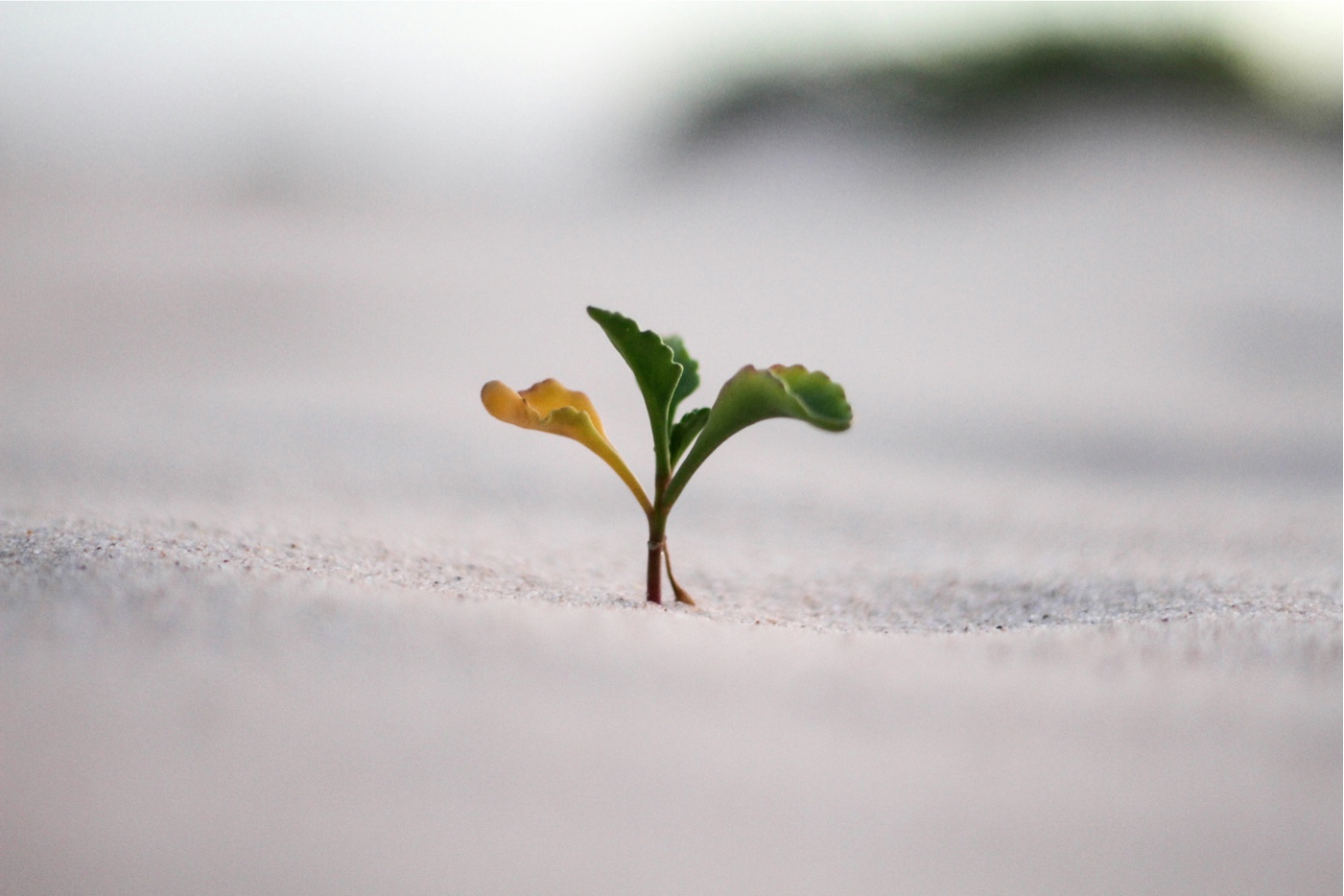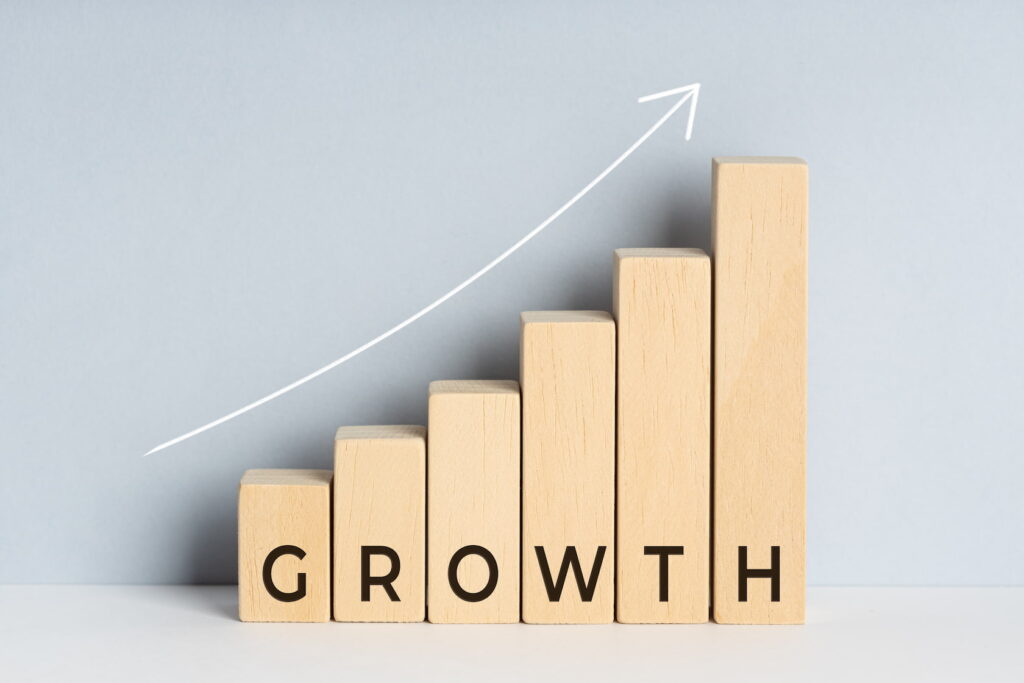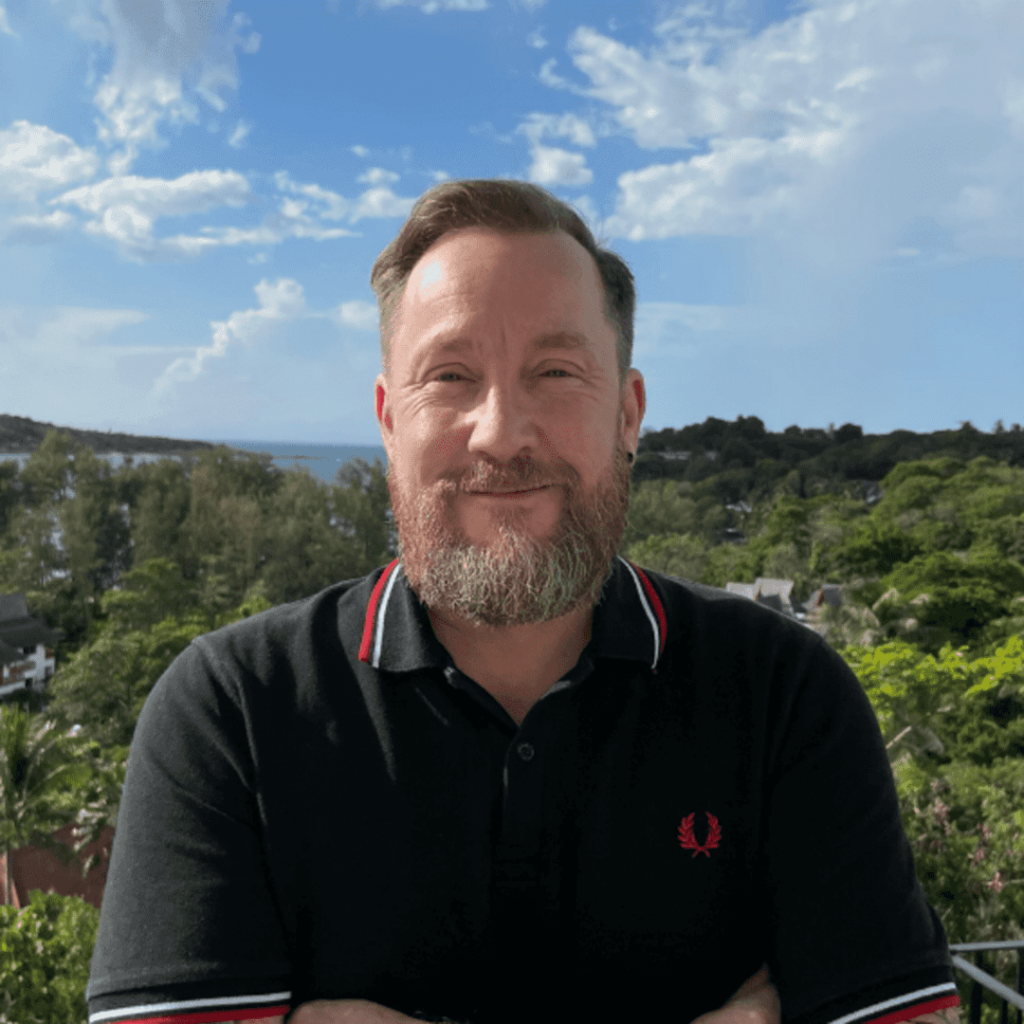What is Post Traumatic Growth?

When you face a life-altering challenge, whether it’s a devastating loss, a traumatic event, or a prolonged period of hardship, you might feel as though the experience has permanently changed you. But amid the pain and difficulty, there is often a silver lining—an opportunity for transformation. This phenomenon is called post traumatic growth. It’s the process by which you can emerge from adversity with a renewed sense of purpose, strength, and connection.
At Yatra Centre, we believe in your capacity to grow beyond your trauma and reclaim a life filled with meaning. For more information on how we can help you move through your trauma and find a life full of possibilities, contact us today on +66 96 916 3287.
Understand Post-Traumatic Growth: A Definition
Post-traumatic growth is a psychological concept that describes the positive changes you may experience following a major life challenge. It’s not just about “bouncing back” but instead growing in ways that feel transformative. These changes can affect many aspects of your life, from how you view yourself to your relationships and priorities.
For example, you might find new meaning in your experiences, feel a greater sense of gratitude, or develop a stronger spiritual connection. Post-traumatic growth doesn’t erase the pain of trauma—it transforms it into a foundation for building something new. Research shows that a full 72% of US Veterans with PTSD reported experiencing significant post-traumatic growth, particularly in areas like personal strength and appreciation for life.
At Yatra Centre, we see this growth as a testament to the resilience of the human spirit. You don’t need to go through your healing journey alone—we are here to help you uncover the opportunities for growth hidden within your struggles.
The Science Behind Post Traumatic Growth
You might wonder: why do some people experience post-traumatic growth while others don’t? Research suggests it’s not about the severity of the trauma but rather your perception of it and the resources you have to cope. According to psychologists Richard Tedeschi and Lawrence Calhoun, who first defined post traumatic growth, the process involves significant cognitive and emotional work.
After trauma, your worldview may feel shattered. Post-traumatic growth occurs as you rebuild your understanding of the world, often leading to a more profound sense of meaning. This doesn’t happen overnight—it’s a gradual process that requires reflection, support, and sometimes professional guidance.
Improved Relationships as a Sign of Growth
One of the most profound ways post traumatic growth manifests is through your relationships. You may find that your connections with others deepen, or that you develop a newfound appreciation for the people in your life.
Trauma often has a way of stripping away superficial concerns, leaving you with a clearer understanding of what truly matters. This clarity can help you prioritize authentic relationships and let go of those that no longer serve you.

Personal Strengths Developed Through Trauma
One of the remarkable aspects of post-traumatic growth is the way it helps you uncover inner strengths you may not have realized you possessed. Trauma often pushes you to your limits, forcing you to adapt, persevere, and grow in ways that can surprise you.
You may develop resilience, the ability to bounce back from challenges with newfound determination. Facing adversity can also enhance your emotional intelligence, helping you better understand and navigate your own feelings as well as empathize with others. Additionally, trauma can inspire creativity and problem-solving skills as you learn to approach life’s difficulties with innovative thinking.
Therapies That Support Post-Traumatic Growth
If you’re seeking to foster post-traumatic growth, certain therapeutic approaches can help you process your trauma and uncover new opportunities for transformation. Each therapy works differently, but all aim to guide you toward greater self-awareness, healing, and growth.
Cognitive-Behavioral Therapy (CBT)
CBT is a widely used therapeutic approach that helps you identify and reframe unhelpful thought patterns that may be holding you back. By challenging negative beliefs and replacing them with more constructive ones, you can begin to shift your perspective on trauma and see it as an opportunity for growth. This process often involves setting achievable goals and practicing techniques to manage difficult emotions.
Eye Movement Desensitization and Reprocessing (EMDR)
EMDR is particularly effective for processing traumatic memories. Through guided eye movements or other forms of bilateral stimulation, EMDR helps you reprocess and integrate painful experiences in a way that reduces their emotional intensity. This allows you to move beyond the pain of the past and create space for healing and growth.
Bodywork
Trauma often leaves an imprint on the body, manifesting as tension, pain, or a feeling of disconnection. Bodywork therapies, such as somatic experiencing, massage, or yoga, help you release stored trauma and reconnect with your physical self. These practices can foster a sense of safety and grounding, which is essential for emotional healing and growth.
Internal Family Systems (IFS)
IFS focuses on exploring the different “parts” of yourself, including those that may have been shaped by trauma. By developing a compassionate relationship with these parts, you can begin to heal inner conflicts and create a sense of harmony within. This approach helps you embrace your authentic self, which can be a powerful foundation for post-traumatic growth.
At Yatra Centre, we integrate these therapies and more into a holistic approach tailored to your unique needs. We’re committed to creating a safe, supportive environment where you can explore and nurture your potential for growth.
Barriers to Experiencing Post-Traumatic Growth
While post-traumatic growth is a powerful possibility, it’s not guaranteed. Several barriers can stand in the way of your transformation, but identifying them is the first step toward overcoming them.
Avoidance of Trauma
If you avoid thinking about or processing your trauma, it can be difficult to experience growth. Suppression may offer short-term relief but often leads to long-term stagnation.
Lack of Support
Healing doesn’t happen in isolation. Without a supportive network of friends, family, or professionals, you may struggle to find the resources you need to grow.
Negative Mindset
Believing that growth isn’t possible or that you’re defined by your trauma can prevent you from moving forward. Cultivating self-compassion and a growth-oriented mindset is key.
Unaddressed Mental Health Issues
Conditions like depression, anxiety, or PTSD can create additional challenges in your healing journey. Addressing these issues through therapy or medication can open the door to growth.

Frequently Asked Questions About Post-Traumatic Growth (PTG)
Post-traumatic growth can look and feel different for everyone. Below are answers to some of the most common questions people have when beginning to explore this powerful form of healing and transformation.
1. How long does Post Traumatic Growth take to appear?
It is usually gradual. Longitudinal research indicates noticeable shifts tend to surface six months or more after the event, once the initial shock subsides and you have space to reflect.
2. What personal factors make growth more likely?
Strong social support, deliberate reflection (rather than avoidance), psychological flexibility, and a willingness to seek help all raise the odds.
3. Do certain therapies actively foster PTG?
Evidence-based approaches such as EMDR, CBT, Internal Family Systems, and body-oriented work (e.g., yoga, somatic experiencing) can accelerate growth by helping you process memories safely and reframe your story. They also provide practical tools for building the mindset and skills linked to PTG.
4. What gets in the way of growing after trauma?
Common roadblocks include persistent avoidance of painful memories, overwhelming depression or anxiety that remains untreated, and a rigid belief that “nothing good can come of this.” Identifying and addressing these barriers unlocks the space needed for positive change.
5. How can loved ones support someone aiming for PTG?
Offer consistent presence, listen without judgment, validate the difficulty, and celebrate even small gains. Encouraging professional help when needed and sharing resources (books, support groups, mindfulness apps) also create fertile ground for growth.
Embracing Your Journey of Growth
Post traumatic growth is not about erasing your pain or pretending it doesn’t exist. It’s about honoring your experiences, finding meaning in them, and using them as a springboard for a more fulfilling life.
At Yatra Centre, we believe in empowering you to discover the strengths you already possess. Your trauma does not define you; your ability to grow beyond it does.
Let this be the moment you choose growth. The path ahead may not be easy, but it’s one worth taking. With the right guidance and resources, you can transform adversity into opportunity and emerge stronger, wiser, and more connected than ever before. Contact us on +66 96 916 3287 to find out how.

Mike Miller
Founder & Clinical Director
Mike Miller is a Certified Clinical Trauma Professional, Certified Addiction Therapist, and EMDR Therapist with advanced training in trauma and mental health. He has over 20 years experience delivering behavioural health treatment to clients internationally. As a leading trauma expert, Mike developed the Yatra programme in 2022 to accelerate healing and support lasting transformation.
Subscribe to our newsletter.
Subscribe to our newsletter and join a supportive community dedicated to understanding, overcoming, and transforming personal trauma.
Related Articles
Can Trauma Lead to Hypersexual Behavior? A Closer Look
Trauma can disrupt a person’s life in multiple ways, to the point of affecting aspects of…...
Why a Somatic Healing Retreat Might Be Exactly What You Need
You’ve tried therapy. You’ve read the books. You’ve done your best to manage stress, anxiety, or…...
Trauma Healing and Rehab in Thailand: An Interview with Yatra
Addiction and unresolved trauma affect millions of individuals and families around the world. These challenges are…...
Can PTSD Meds for Nightmares Help You Sleep?
Research from the National Center for PTSD shows that over 90% of Vietnam vets with post‑traumatic…...



